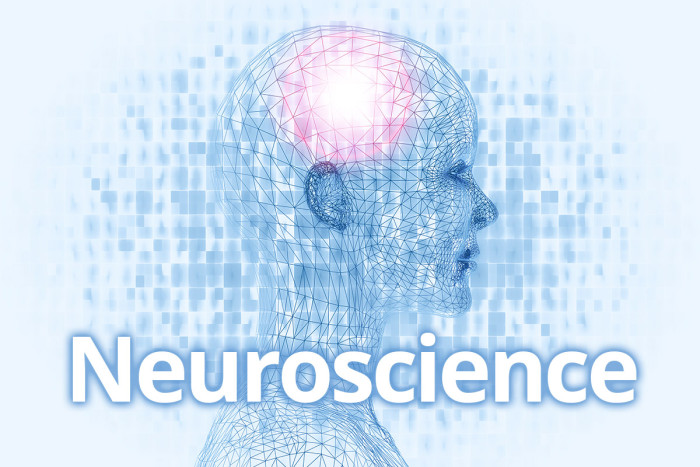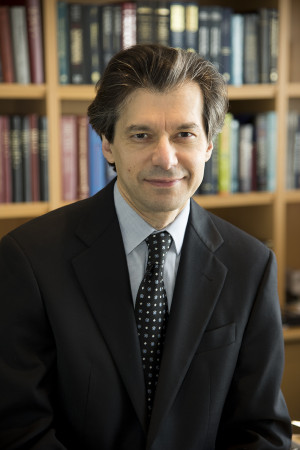Anatomy and Neurobiology becomes Department of Neuroscience
New name formalizes broad discipline across neuroscience
 THINKSTOCK
THINKSTOCK Washington University’s highly regarded Department of Anatomy and Neurobiology – one of the original departments at the School of Medicine – has been renamed the Department of Neuroscience.
The new name formalizes the department’s focus across the discipline of neuroscience but does not diminish its long-standing commitment to teaching anatomy to medical students, said Azad Bonni, MD, PhD, the Edison Professor and head of the Department of Neuroscience. “Indeed, anatomy is in the department’s DNA,” he added.
The department has a long, rich history that dates to the late 1800s. It was established as the Department of Anatomy and was the only department to survive the 1910 Flexner Report, a harsh critique of U.S. and Canadian medical schools that called for reforms in medical education and more rigorous standards for admission and graduation.
In 1975, under the leadership of W. Maxwell Cowan, MD, PhD, the department was renamed the Department of Anatomy and Neurobiology, reflecting its reach into the neural sciences. Then, under the direction of Gerald Fischbach, PhD, and later, David Van Essen, PhD, the department further expanded its focus in the neurosciences, paralleling a broad interest in the discipline across Washington University and other top universities throughout the country.
With the new name, the department will focus its research mission on the neuroscience of brain development and function, with a special emphasis on understanding how neural circuits are assembled and activated. Another major emphasis will be on studies that bridge neuroscience and neuropsychiatry, particularly as the disciplines relate to intellectual disabilities and autism spectrum disorders.
 Robert Boston
Robert BostonSince Bonni’s arrival in 2012, the department has recruited scientists in developmental neurobiology, neuroepigenetics, imaging, behavioral neurobiology, systems neuroscience, evolutionary neurobiology and physical anthropology.
“We are building on a truly remarkable history and are poised to begin a new journey,” Bonni said. “The Department of Neuroscience has exceptional faculty and a new vision for making great progress in understanding the inner workings of the brain and the nervous system.”






